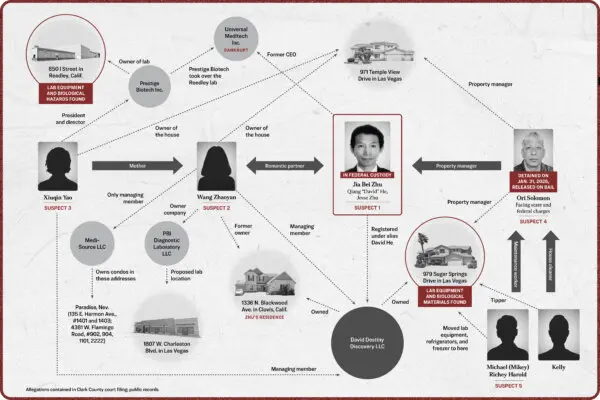Tariffs have emerged as a defining element of President Donald Trump’s vision for revitalizing the U.S. economy, and a recent Epoch Times poll reveals widespread support for this approach among readers. While respondents view tariffs as an important tool for boosting U.S. manufacturing and strengthening the nation’s global economic position, concerns about price increases, supply chain disruptions, and trade wars also came to light.










